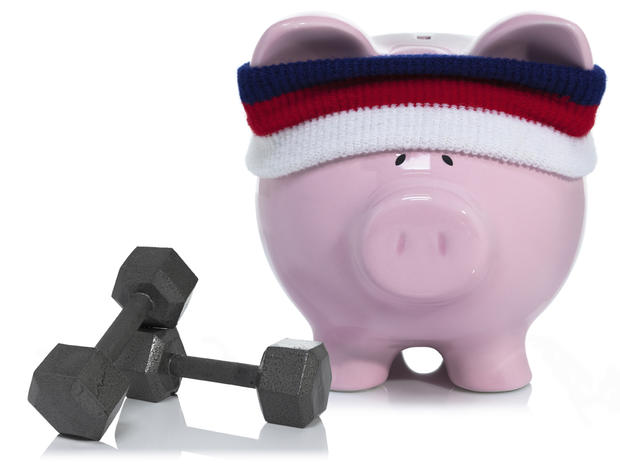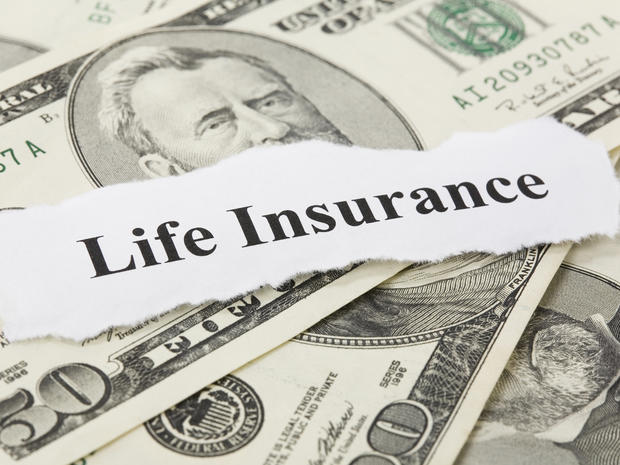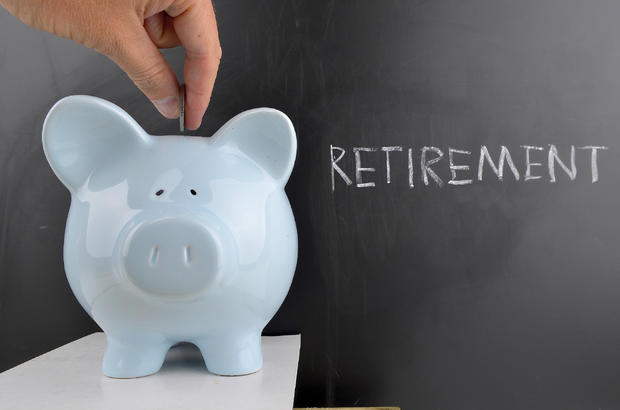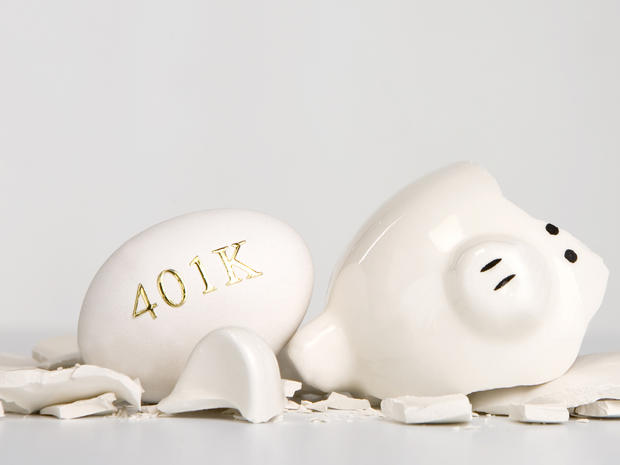Financial advice: 7 tips you should ignore
By Allison Martin/MoneyTalksNews
At some point, we've all been given financial advice that left us scratching our heads in confusion.
But what about the tips that seem practical? Should we embrace them or remain skeptical?
Unfortunately, it's tough to weed out all the bad information that can be found in books or on the Internet, especially because so many self-proclaimed financial experts abound.
Luckily, there's help to figure this out. For instance, CreditCards.com says bad financial advice is usually at least one of the following:
- Confusing
- Comes from someone with a vested interest
- Unsolicited
- One size fits all
- Framed as the only option
- Promises quick and easy results
You can further put your mind at ease by evaluating the source of the advice, confirming the source's credentials and asking questions if you need clarification.
But, in the meantime, here are a few common tidbits of financial advice you may want to ignore.
Credit cards are evil
Credit cards are lifeless -- it's human behavior that's problematic. If you are unable to resist swiping the magic plastic for an extended period of time or use it to fund your outrageous shopping sprees, your issues go way deeper than a credit card.
Used responsibly, credit cards offer great rewards and eliminate the need to have a wad of cash in tow. They also provide buyer protections. You just need to be disciplined enough to pay off the balance each month.
Besides, you'll want to keep one around for travel arrangements and online purchases. For both, they are a better choice than using a debit card.
Following a militant spending plan will set you free
Well, not really. What happens to an avid dieter who has a craving but continues to suppress the urge until they can't take it anymore? They give up and resort to comfort foods. Lots of them.
Incorporating mad money into your spending plan is OK, but deprivation isn't and will usually backfire.
My advice: Be realistic, take small steps and modestly reward yourself from time to time. Also, begin with the end in mind and incorporate plenty of visual reminders so you'll focus on the financial goal you're working toward.
(Need help getting started? Check out "How to Develop an Effortless Budget You'll Stick To.")
Sign up for life insurance or else
If you're 25 with no dependents and minimal assets, how much life insurance do you really need? The answer: None.
"You need life insurance if those depending on your income would suffer financially from your death. The most obvious example is when you have kids, debt and a one-earner household, because the death of the breadwinner would be financially tragic," says Money Talks News finance expert Stacy Johnson. "When you've paid off the house, the kids are gone, the savings account is topped off, and your death is just an excuse for your remaining friends to get together and have a drink, your need for life insurance is over."
When it's time to buy, do your wallet a favor and go for a term policy.
Ten percent is the sweet spot for retirement contributions
Saving 10 percent of your income used to be the standard advice, but not anymore -- particularly if you didn't start setting aside money from your paycheck early in your working years. If you didn't get an early start, you'll need to save a higher percentage of your income to reach your retirement goal.
Are you in your 40s and haven't saved much for your golden years? Ten percent isn't going to be nearly enough.
How much will you need? Figure out what you'll be spending on health care, food, shelter and other necessities. Now consider what you'll get from Social Security and other sources. Filling in the gap will be your responsibility.
It's dangerous to borrow from your 401(k)
Thinking about taking out a loan to pay down excessive credit card debt or make a large purchase? The loan is not the problem; repaying it could be. (See: "Borrowing From Your 401(k)? 6 Traps to Avoid.")
But "if you know the rules surrounding 401(k) loans and have a solid plan to pay it back, then this can be a good move," says U.S. News & World Report.
You should buy a house because it's a good investment
Were you around for the last housing crisis? Being a homeowner for several years, I can definitely attest to the fact that homes do lose value and don't always appreciate as rapidly as you'd like them to. Being underwater (where your outstanding mortgage exceeds the value of your house) is not a pleasant place to be.
Look at it this way: One of the beauties of buying a home is that a fixed-rate mortgage locks you into a set cost each month. You'll be making the same monthly payment for years while the price of rent goes up. Eventually you'll own that home free and clear. That's an investment in your future financial security.
Home equity loans are a great way to get out of a hole
Under a mountain of credit card debt and looking for a way out? Home equity loans may seem like the perfect solution because of the competitive interest rate. But if you fall on hard times and default on the loan, everything goes downhill from there.
"Home equity loans can not only enable a debt-fueled lifestyle, but they can also leave you more vulnerable to foreclosure, bankruptcy, and other overspending problems," U.S. News & World Report writes.







